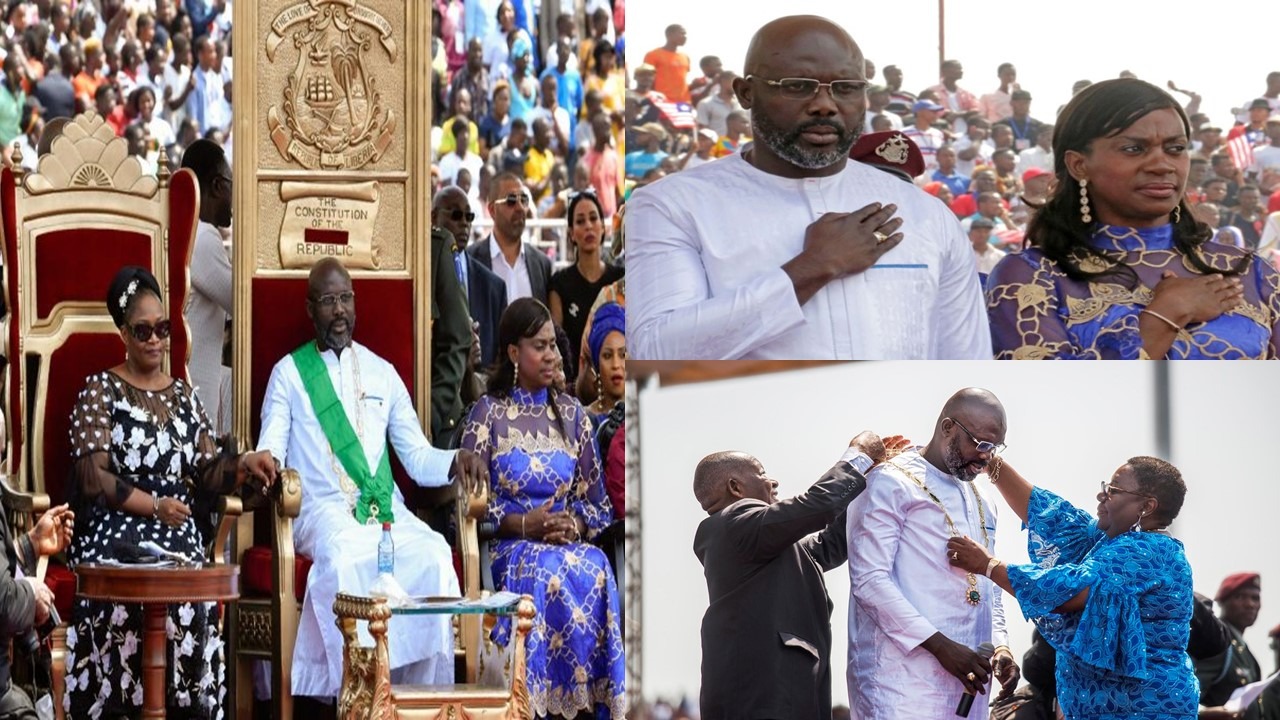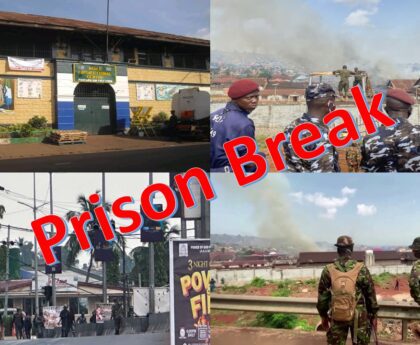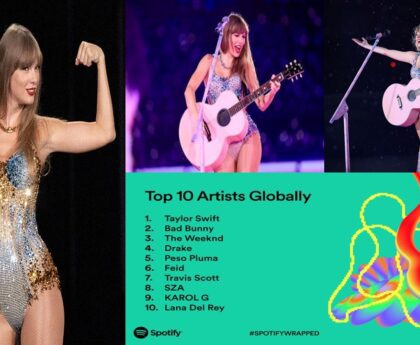As Liberia approaches the end of President George Weah’s first term, indications are emerging that he might become a one-term president. George M. Weah, a former international football sensation, captured the nation’s imagination with promises of transformative change during his election in 2017. However, a combination of challenges has cast a shadow over the prospect of his re-election.
One significant factor contributing to the speculation surrounding President George Manneh Weah’s potential single term is the economic landscape of Liberia. The country has grappled with economic hardships, including inflation, high unemployment rates, and a mounting debt burden. Critics argue that President George Manneh Weah’s administration has struggled to implement effective policies to address these issues, leading to disillusionment among a segment of the population.
Furthermore, social and development challenges have posed hurdles for George M Weah’s presidency. While he inherited a nation facing numerous issues, including infrastructure deficiencies and healthcare shortcomings, some critics argue that progress has been slow. The perception that promised improvements have not materialized as expected has fueled skepticism about President George Manneh Weah’s ability to lead Liberia toward prosperity.
Governance and transparency concerns have also played a role in shaping public opinion. President George Manneh Weah’s administration has faced criticism for alleged corruption and a lack of accountability. These issues have eroded public trust and prompted calls for stronger measures to ensure good governance. The clamor for increased transparency has become a rallying point for those who question the viability of Weah’s presidency beyond a single term.
As Liberia inches closer to the next presidential election, political dynamics are shifting. Opposition figures are gaining momentum, presenting a formidable challenge to President George Manneh Weah’s bid for re-election. The emergence of credible alternatives, coupled with dissatisfaction with the incumbent’s performance, may sway voters toward a change in leadership.
It is crucial to note that political landscapes can be unpredictable, and outcomes can change rapidly. President George Manneh Weah, despite facing challenges, still rally support and address the concerns that have led to doubts about his re-election. However, the current indicators suggest that the path to a second term may be more challenging than anticipated.
As the political narrative unfolds, Liberia finds itself at a crossroads. The electorate’s decision in the run-off election will not only determine the course of the nation for the next term but will also shape the legacy of President George Weah. Whether he remains a one-term president or defies the odds for a second term, the verdict will be a reflection of Liberia’s collective aspirations and expectations for effective governance and sustainable development.




